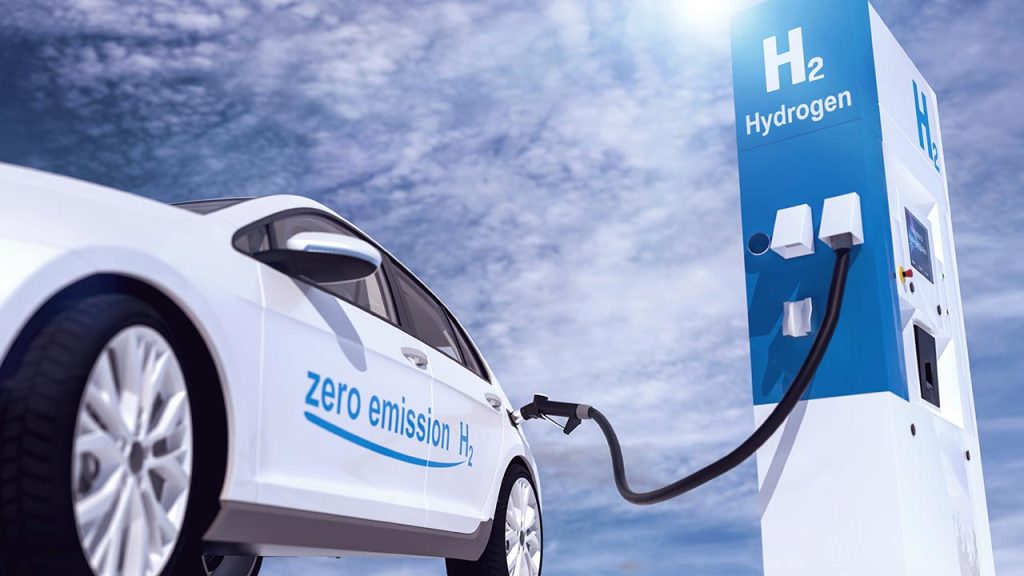As the chemical element with the lowest atomic mass, hydrogen is a lightweight on the Periodic Table. But size isn’t everything. In terms of climate protection, hydrogen technologies are set to do a lot of the heavy lifting for the transport, aviation, as well as industrial sectors – and Expleo plays a part in them all.

The power for fuel cells
In the automotive sector, and for stationary hydrogen applications (tank systems), Expleo is involved in a wide variety of developments. This involves not only know-how in hydrogen storage technologies (LH2, CGH2 and CCH2) and fuel cell systems, but also expertise in software and safety. For the BMW Group, for example, Expleo is involved in the development of hydrogen technology for use in passenger cars.

The global demand of hydrogen for transport and industrial sectors is expected to double to 4.590 terawatt-hours by 2040. Expleo engineers are successfully involved in the development of hydrogen projects for automotive, aviation, rail transportation, as welll as marine industries.
Advantages in storability and transportability
One of the great advantages of hydrogen as an energy carrier lies in its storability and transportability. These reliable properties can help unlock the potential of renewable energy, such as wind and solar, which are well known to be variable and localised. In order to use hydrogen technologies in a climate-friendly way, low-carbon generation should be prioritised. For example, through power-to-gas technologies, excess renewables are used for electrolysis and hydrogen generation.
Decarbonisation of industrial sectors
Hydrogen is already used in many industries today to reduce greenhouse gas emissions in sectors that have historically been difficult to decarbonise. For example, the replacement of heavy fuel oil in container ships (H2 ships), hydrogen in aviation (green aviation), or advances in the industrial sector for carbon-free steel production (green steel). The increasing use of the energy carrier in many places is naturally contributing to its spread. With around 100 hydrogen filling stations (H2live), Germany is a pioneer in Europe. In Asia and North America, the signs are also pointing to hydrogen. In California alone, the number of H2 filling stations is expected to grow to 200 by 2025.
Hydrogen has the potential to become the energy carrier of tomorrow. Perhaps the author Jules Verne was right in his novel “The Mysterious Island” in 1874 when he wrote:
Water is the coal of the future
Philipp Albien, Professional Engineer Systems, Expleo





